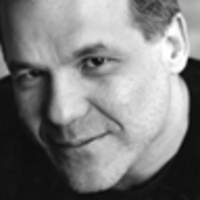Archive
Getty Images
Ground Zero Ceremony: Let 9/11 Families Mourn in Private
Tragedy
Why 9/11 families should be allowed to mourn in private, not on the national stage. By Lee Siegel.

Trending Now
Crime & JusticeUnshaven Luigi Mangione Shows Signs of Stress in Court
Crime & JusticeLuigi Mangione Judge Married to Former Healthcare Exec




